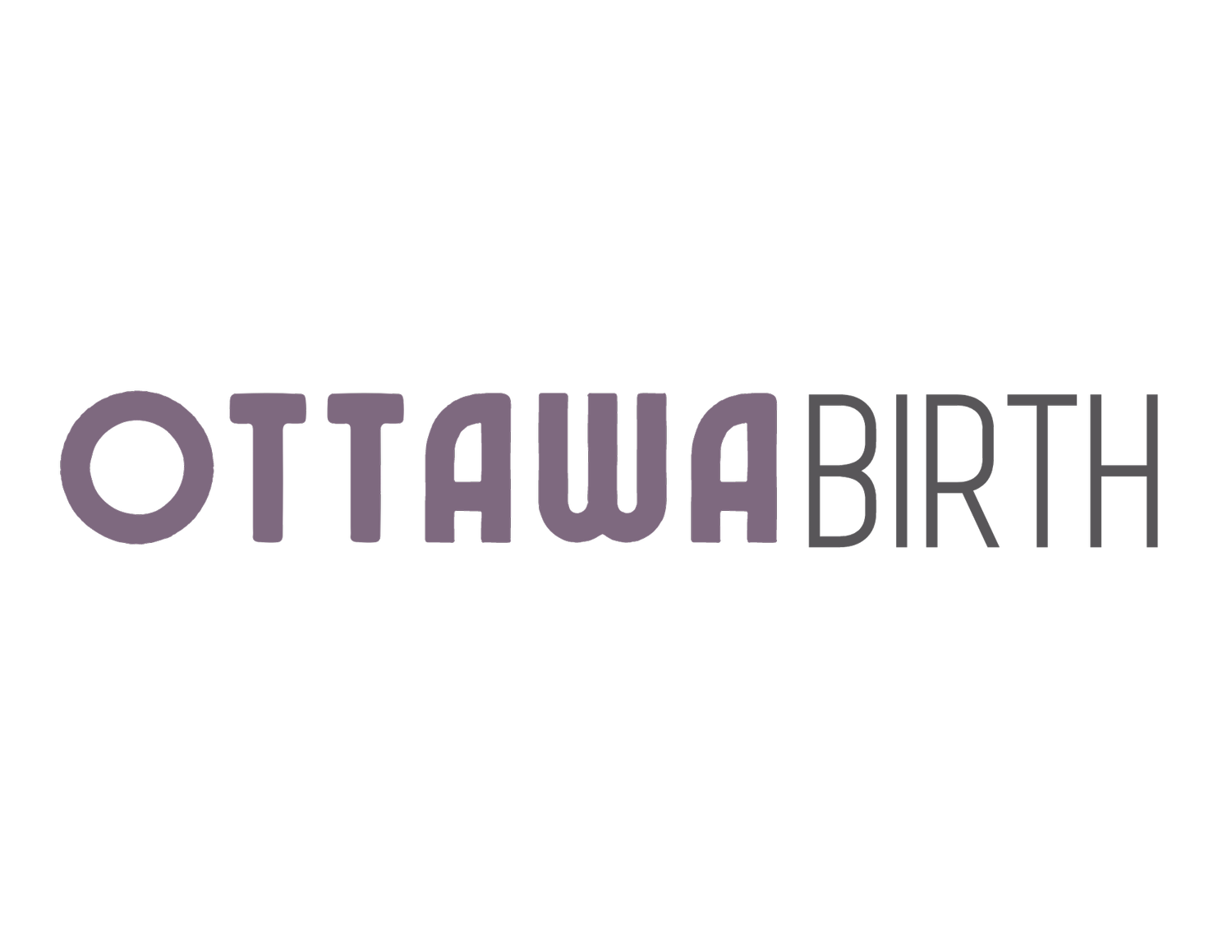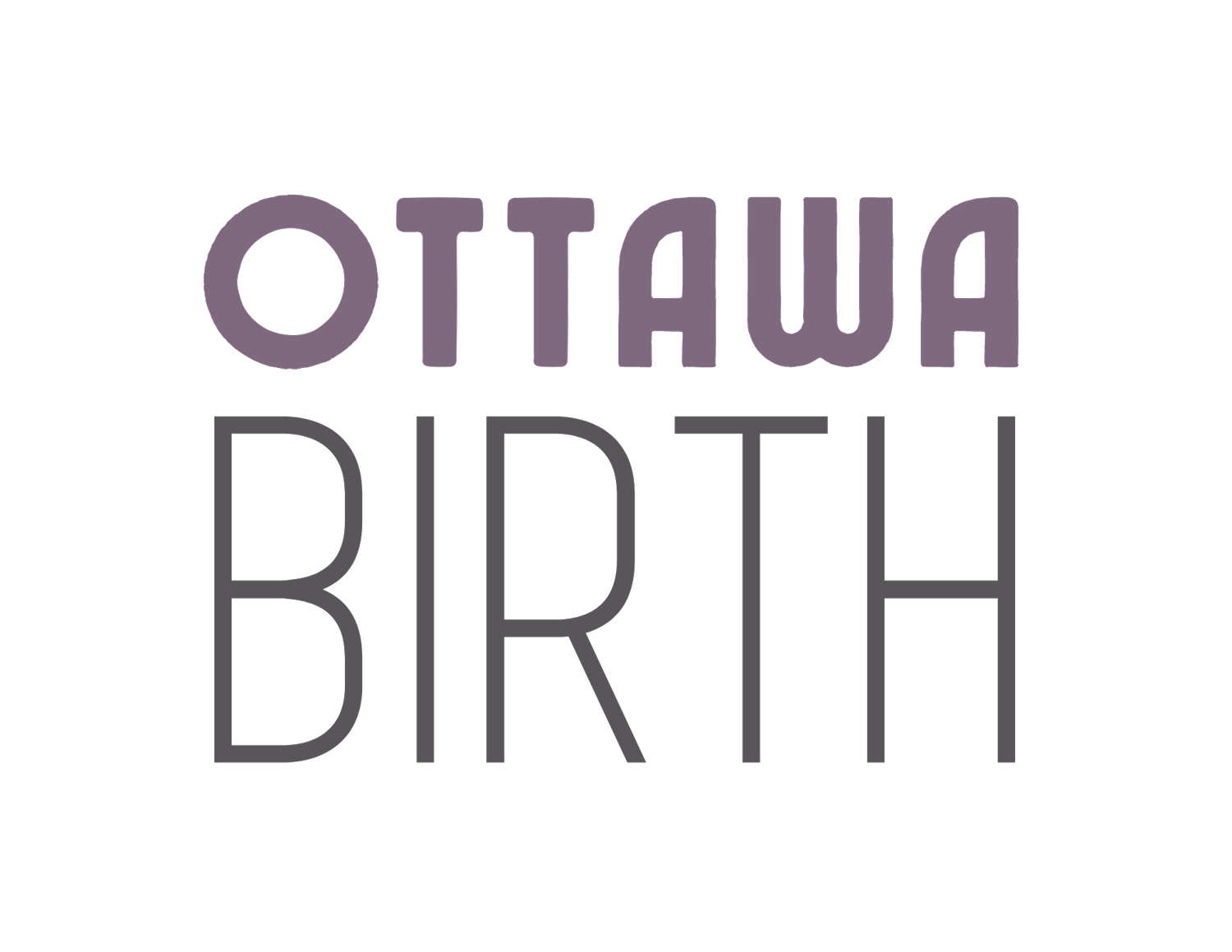Polyhydramnios- what you need to know
Photo credit: Samantha Renee Birth Photography
Polyhydramnios is a rare complication of pregnancy where there is an excessive amount of amniotic fluid. For the mother and baby, it can increase the risk of certain complications. If you are told that you have polyhydramnios, it's important to understand what this means for your pregnancy and how you can best manage the condition. Here we will discuss everything you need to know about polyhydramnios, from symptoms and causes to treatment options. With information like this at your fingertips, you'll be able to feel more confident in your ability to handle this complication should it occur. So read on for all the details!
What is it, and what are the symptoms?
Polyhydramnios is a condition that results in an excess amount of amniotic fluid surrounding the baby. This can be a serious condition for both mom and baby, so it's important to know the symptoms and get treatment if needed. Symptoms can include shortness of breath, abdominal pain, and excessive swelling. Treatment typically includes bed rest and hydration. If you think you may have polyhydramnios, talk to your doctor right away.
What causes polyhydramnios?
While the cause of polyhydramnios is not always clear, it can sometimes result from a problem with the baby or the placenta. Treatment typically involves managing maternal and fetal conditions; in some cases, delivery may be necessary. If you are experiencing symptoms of polyhydramnios, it is important to speak with your doctor as soon as possible.
What are the risks associated with polyhydramnios?
Polyhydramnios is relatively rare, occurring in about 1-2% of pregnancies. While it can occasionally be a sign of an underlying condition, such as twins or genetic abnormalities, most cases are benign and resolve on their own. However, polyhydramnios can still pose some risks to both mother and baby. Although it is typically painless, polyhydramnios can cause discomfort and difficulty breathing. In severe cases, it can also lead to premature labour and birth.
Polyhydramnios can also increase the risk of umbilical cord complications during delivery. If you are diagnosed with polyhydramnios, your healthcare provider will closely monitor you and your baby throughout your pregnancy. You can minimize the risks associated with this condition and have a healthy pregnancy and delivery with proper care.
Polyhydramnios is a condition that can be concerning for pregnant women and their families. However, with the help of an experienced healthcare team, most women who have polyhydramnios go on to have healthy pregnancies and babies. If you are concerned about this condition, please reach out for more information – we are here to support you through your pregnancy journey. Have you read our other blog posts about pregnancy and birth? We have lots of great information that may be helpful for you.


